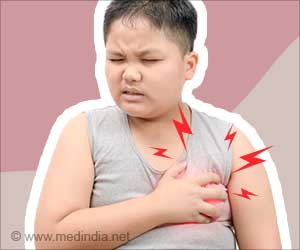The population of British war veterans suffering from war trauma is set to increase, according to a University of Nottingham academic.
The population of British war veterans suffering from war trauma is set to increase, according to a University of Nottingham academic.
According to Dr. Nigel Hunt, Associate Professor in the Institute of Work, Health and Organisations, shows that, with no end in sight for the conflicts in Iraq and Afghanistan, more and more veterans will return home suffering the effects of war trauma.The condition covers a variety of problems relating to stress and emotion, and memory, social, work and family difficulties.
Dr. Hunt hopes to identify the most effective ways of treating the condition. He has already visited Finland to examine the country's well-established infrastructure for supporting veterans.
War trauma is a psychological condition caused by experiencing a traumatic event during conflict. The memory of the event triggers strong emotions, causing any number of reactions — from depression and self-harm to anger, violence and drug addiction. Often, the symptoms will be so extreme that the veteran will be unable to live a normal life. Work prospects, family life and other relationships may be affected, exacerbating the symptoms and leading to an ever-increasing sense of isolation and worthlessness.
War trauma is a notoriously difficult disorder to assess and measure. The traumatic memories can be triggered by seemingly unrelated events, and in many case the symptoms do not appear for some time after the event — a veteran can return home healthy with years passing before the condition develops.
“If you start showing symptoms of war trauma during service you are the responsibility of the Ministry of Defence and you have access to a strong network of support and treatment,” Dr. Hunt said.
Advertisement
LIN/M





